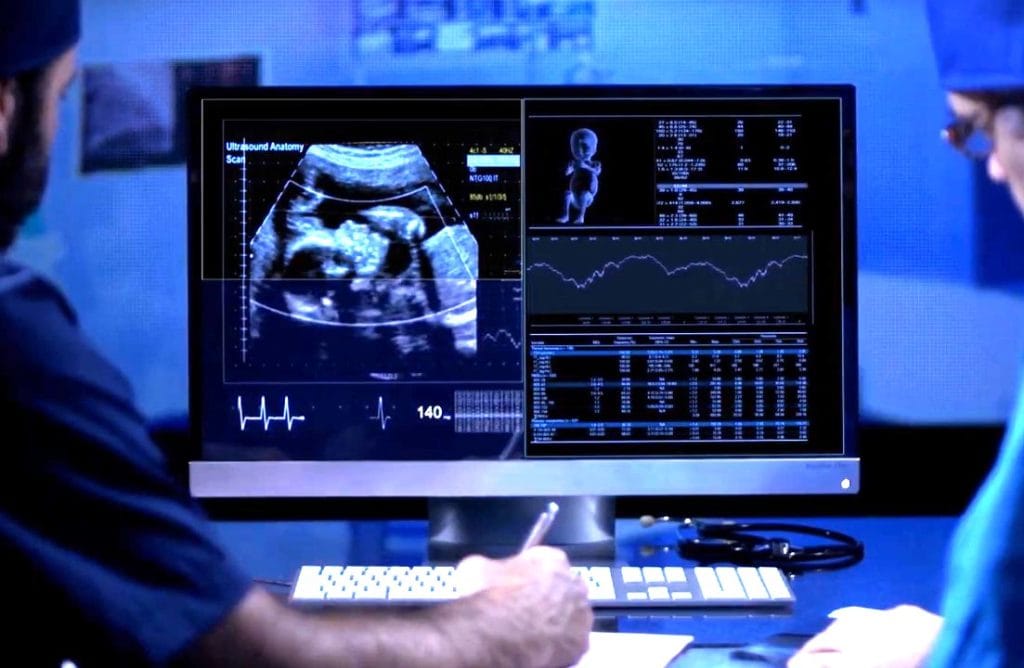Emily Bates, PhD
Associate Professor, Pediatrics-Developmental Biology, University of Colorado Anschutz Medical Campus

This groundbreaking study funded by the Institute of Cannabis Research has provided important insights into how CBD affects fetal development, particularly brain development. This research fills a critical knowledge gap for expectant mothers who may be considering CBD for pregnancy-related symptoms.
“We wanted to determine how CBD would affect fetal development and specifically fetal brain development,” said Dr. Bates. The team explained that CBD consumed by a mother enters the bloodstream, crosses the placenta, and accumulates in the fetal brain and fatty tissues.
The study arose from Dr. Emily Bates’ personal experience with pregnancy nausea in 2019-2020, when she received numerous suggestions to try cannabis or CBD products.

Despite these recommendations, she discovered there was virtually no scientific information available about CBD’s safety during pregnancy. Dr. Bates is an Associate Professor at the University of Colorado.
In their experiments, researchers administered CBD in sunflower oil or sunflower oil alone to pregnant mice throughout gestation. While they found no impact on gestation length, number of pups born, or gestational weight gain, they observed concerning developmental effects in the offspring.
Male offspring exposed to CBD during gestation showed increased sensitivity to thermal pain or heat. Female offspring demonstrated impaired cognition, specifically showing reduced problem-solving abilities. Further investigation revealed decreased excitability in brain regions important for cognition in these female offspring.
“The receptors that CBD activates are really important for fetal development,” Dr. Bates explained. Their findings align with their hypothesis that CBD exposure would affect cognition, pain sensitivity, and potentially metabolic factors like glucose tolerance.
While retrospective clinical studies have shown various effects of cannabis consumption during pregnancy, this study is the first to isolate CBD’s specific impacts. This distinction is increasingly important as people now consume CBD on its own rather than as part of cannabis.
The conclusion is clear: “Our study revealed that CBD is not the safest option to treat nausea during pregnancy,” stated Dr. Bates. “There are other alternatives that are safer that you can discuss with your obstetrician.”
This research underscores the importance of evidence-based approaches to managing pregnancy symptoms and highlights the need for caution with substances like CBD that may have been previously perceived as low-risk.
